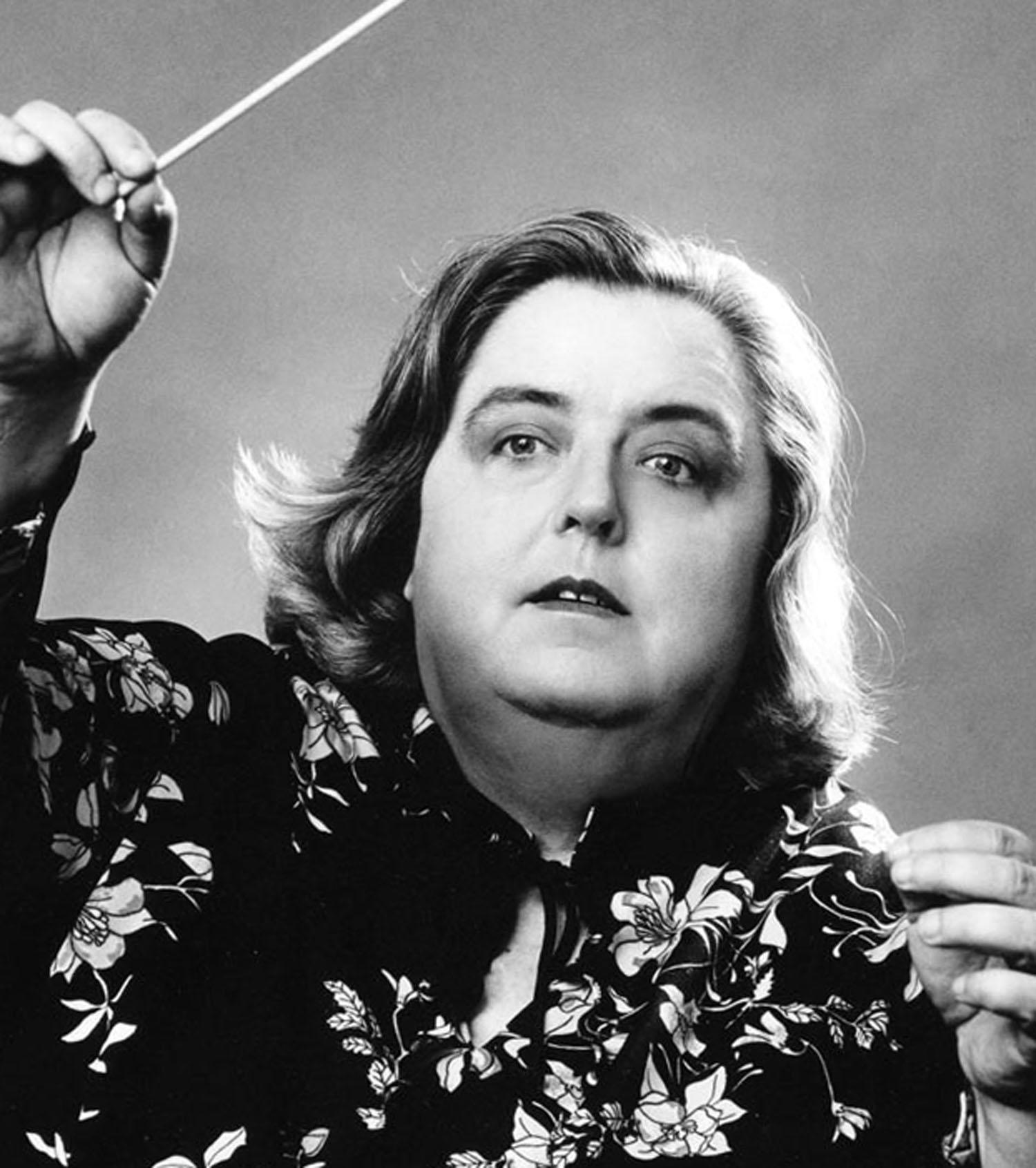

Nézet-Séguin has led fifty performances at the Met, of such standard fare as “Carmen,” “Faust,” “La Traviata,” and “Otello.” Extroverted and media-savvy, he is well liked by musicians and singers, and has established a warm relationship with the Met audience. (He will maintain his commitment to the Philadelphia Orchestra, where he has been the music director since 2012.) Again, no gasps were audible. For months, insiders have considered Nézet-Séguin the shoo-in candidate Russell Platt reviewed his qualifications last fall. After a staggering total of two thousand five hundred and fifty-seven performances, Levine has finally stepped aside, and a new music director has been named: the forty-one-year-old Québécois conductor Yannick Nézet-Séguin. Peter Gelb, the Met’s general manager, made the announcement this morning, saying that Nézet-Séguin will immediately take part in artistic planning but will not take up his full duties until 2020. Anthony Bliss, the Met’s executive director, was saying, “There doesn't seem to be much light at the end of a long, dark tunnel.”įour decades on, the Met still stands, eternally precarious. There was talk in those years that the house might drastically curtail operations or even shut down. Henahan wondered whether the young maestro would soon become fed up with the administrative and financial disarray that beset the Met at the time. But no one knew what he could achieve or how long he would stay. “There were no gasps of surprise when the Met made the announcement the other day.” Levine, then thirty-one years old, had been serving as the company’s principal conductor for three years, and had already made himself indispensable. “His name is James Levine,” Donal Henahan wrote in the Times.

Gerald Ford had been President for less than a year Saigon had fallen a few weeks earlier Barack Obama was thirteen.

The Metropolitan Opera last named a new music director in May of 1975. The conductor Yannick Nézet-Séguin, in 2015.


 0 kommentar(er)
0 kommentar(er)
